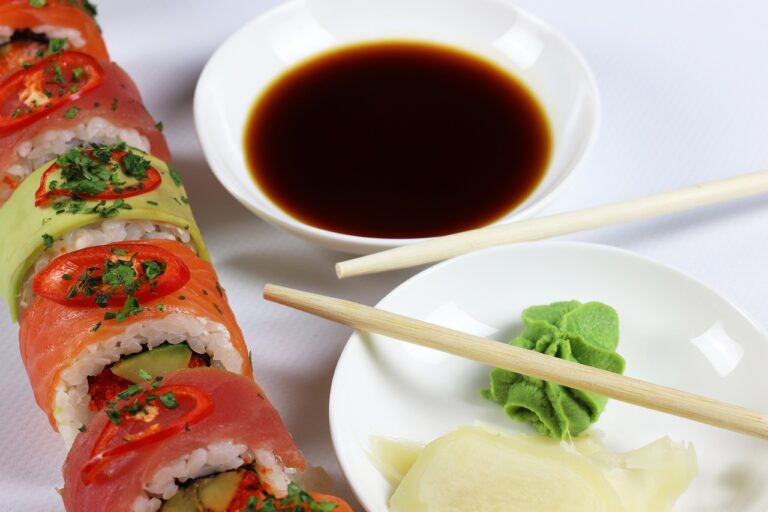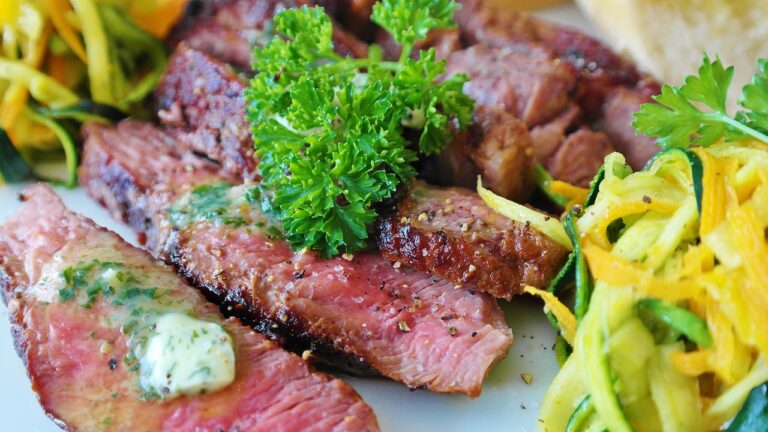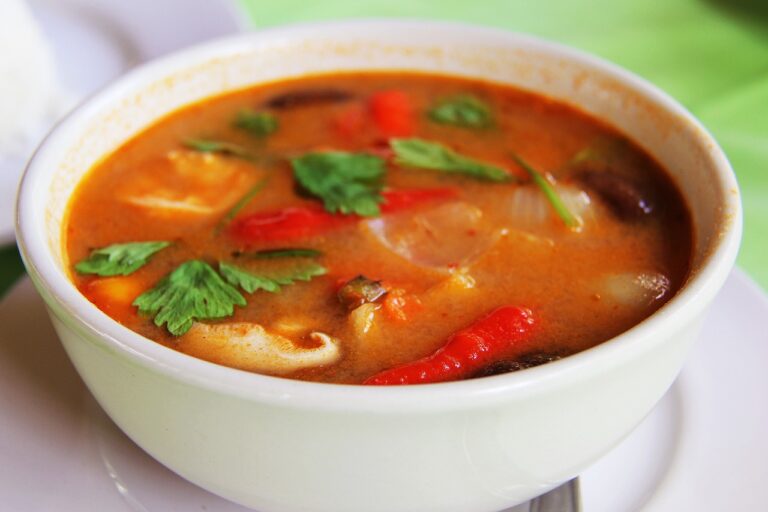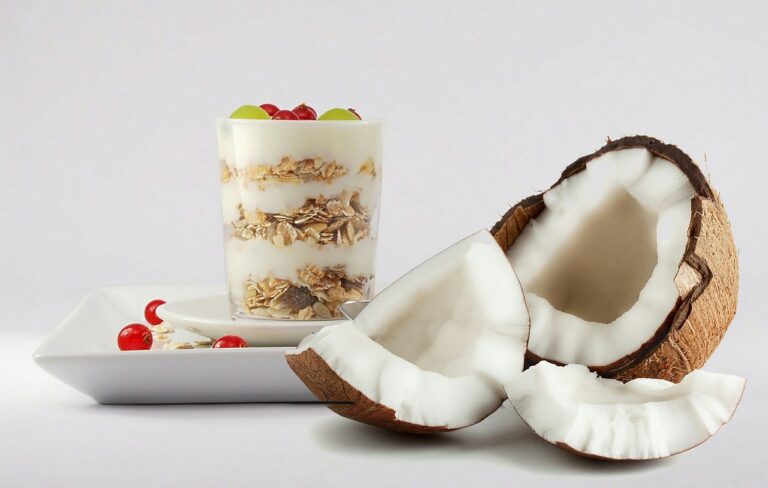10 Fantastic Reasons Why You Are Craving Cranberries
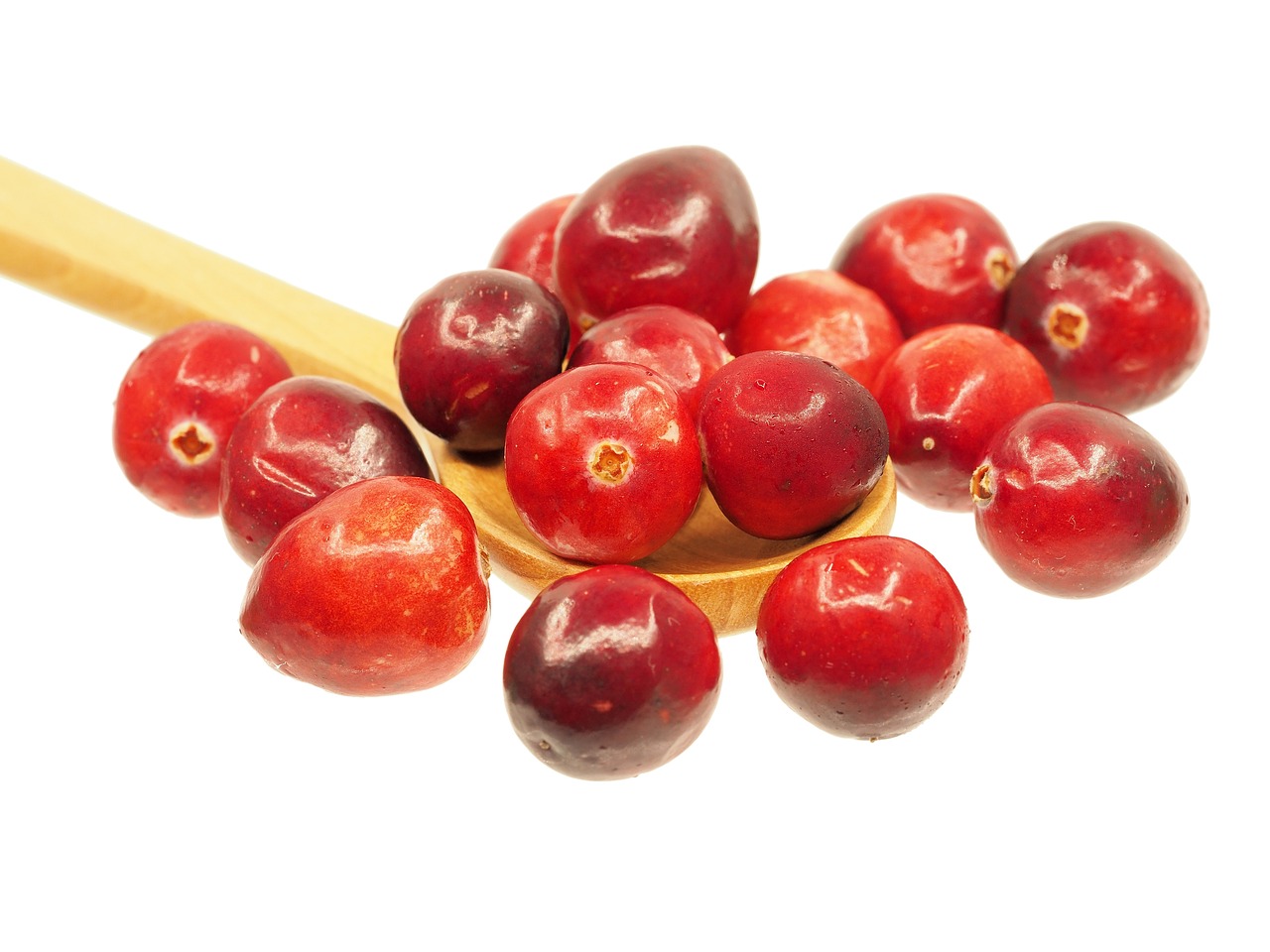
Cranberries, small, tart, and vibrant fruits, have captured the fascination and taste buds of many. Often associated with festive seasons and traditional dishes, they are not just limited to being a holiday staple. Beyond their unique flavor, cranberries are craved by many for their diverse health benefits and culinary versatility. This article delves into why so many people find themselves craving cranberries, exploring ten compelling reasons behind this phenomenon.
Why Am I Craving Cranberries?
1. Nutritional Benefits
Cranberries are a powerhouse of vitamins and antioxidants, making them highly beneficial for overall health. Rich in vitamin C, fiber, and vitamin E, they support the immune system, aid in digestion, and combat free radicals, respectively. The craving for cranberries can often be linked to the body’s intuitive desire for these essential nutrients, especially during times when the immune system needs a boost or when dietary balance is sought.
Moreover, the antioxidants present in cranberries, such as quercetin and myricetin, are known for their anti-inflammatory properties. Consuming cranberries may help reduce the risk of chronic diseases, including heart disease and certain cancers, making the craving for these berries not just a matter of taste but also a subconscious drive towards healthier dietary choices.
2. Unique Flavor Profile
The unique tartness of cranberries, coupled with their ability to complement both sweet and savory dishes, makes them highly desirable. This distinct flavor profile can trigger cravings, especially for those who enjoy the interplay of flavors that cranberries offer. Whether used in sauces, baked goods, or as a juice, their versatility in the kitchen allows them to satisfy a wide range of taste preferences.
Cranberries also have a way of enhancing the flavors of other ingredients, making them a favorite among culinary enthusiasts. The craving for cranberries might stem from a desire to experience complex flavor combinations, where the tartness of the berry balances the sweetness or richness of other components in a dish.
3. Seasonal Associations
For many, craving cranberries is tied to seasonal changes, particularly the fall and winter months when these berries are traditionally harvested and consumed. The anticipation of holiday meals and the nostalgia associated with cranberry dishes can trigger cravings, as people look forward to recreating and enjoying seasonal recipes.
These seasonal associations go beyond the palate, touching on memories and traditions that involve family gatherings and festive celebrations. The craving for cranberries during these times is not just for the fruit itself but for the emotional warmth and happiness that come with the season.
4. Health Remedies
Cranberries are often sought after for their medicinal properties, particularly in preventing and treating urinary tract infections (UTIs). The proanthocyanidins found in cranberries prevent bacteria from adhering to the urinary tract walls, thereby reducing the risk of infection. Cravings for cranberries may arise from an instinctive need to address or prevent such health issues.
Beyond UTIs, cranberries have been associated with other health benefits, such as improving cardiovascular health and enhancing oral hygiene. People may crave cranberries as a natural remedy, drawn to their health-promoting properties and the desire to support bodily functions through dietary means.
5. Dietary Variations
In an era where dietary preferences are constantly evolving, cranberries offer a versatile option that fits into various diets, including vegan, vegetarian, and gluten-free lifestyles. The craving for cranberries can stem from the search for food options that are not only healthy but also align with one’s dietary restrictions or choices.
Cranberries can be easily incorporated into different meals, serving as a fresh, dried, or juiced addition to breakfasts, snacks, and main dishes. This adaptability makes them appealing to a broad audience, catering to diverse dietary needs and preferences.
6. Weight Management
Cranberries are low in calories and high in fiber, making them an ideal choice for those looking to manage their weight. The fiber content helps promote a feeling of fullness, reducing the likelihood of overeating. Cravings for cranberries might reflect a conscious or subconscious desire to choose foods that support weight management goals.
Furthermore, the metabolic benefits of cranberries, including their role in fat oxidation, can assist in weight loss efforts. People may find themselves craving cranberries as part of a strategy to consume foods that facilitate a healthy metabolism and weight control.
7. Hydration
Cranberry juice, when consumed in its unsweetened form, is a refreshing and hydrating beverage. The craving for cranberries, especially in the form of juice, can sometimes be attributed to the body’s need for hydration. This is particularly relevant in hot weather or after physical activity when the body requires fluids to replenish and rehydrate.
Moreover, the electrolytes and minerals found in cranberry juice can help restore the body’s balance, making it a healthier alternative to sugary drinks. The desire for cranberries in this context is not only for their taste but also for their hydrating properties.
8. Detoxification
Cranberries are known for their detoxifying effects on the body. They support liver function and promote the elimination of toxins. Cravings for cranberries may arise from the body’s natural inclination towards foods that aid in detoxification, especially after periods of indulgence or exposure to pollutants.
The antioxidants and phytonutrients in cranberries contribute to their cleansing properties, making them a sought-after choice for those looking to detoxify their system naturally. This craving is a testament to the body’s wisdom in selecting foods that enhance its purifying processes.
9. Emotional Eating
Cravings for cranberries can sometimes be linked to emotional eating, where the desire for certain foods is driven by feelings rather than physical hunger. The tartness of cranberries, combined with their association with comfort foods and festive occasions, can evoke a sense of comfort and emotional satisfaction.
In moments of stress, sadness, or celebration, turning to cranberries can provide a psychological boost. This form of craving highlights the emotional connection we have with food, where cranberries serve as a source of solace or joy.
10. Experimentation and Culinary Curiosity
The craving for cranberries can also originate from a desire to experiment with new recipes and explore different culinary landscapes. Cranberries offer a unique ingredient that can inspire creativity in the kitchen, leading to innovative dishes and flavor combinations.
For food enthusiasts and home cooks alike, the pursuit of new culinary experiences can drive the craving for ingredients like cranberries. This curiosity not only enriches one’s cooking repertoire but also broadens the palate, making the craving for cranberries a journey of culinary discovery.
In conclusion, the craving for cranberries is multifaceted, rooted in their health benefits, unique taste, seasonal significance, and much more. Whether it’s for nutritional purposes, emotional connections, or culinary exploration, cranberries hold a special place in the hearts and diets of many. Their ability to cater to a wide array of needs and preferences makes them not just a fruit to enjoy, but a versatile ingredient that enriches our lives in numerous ways.

